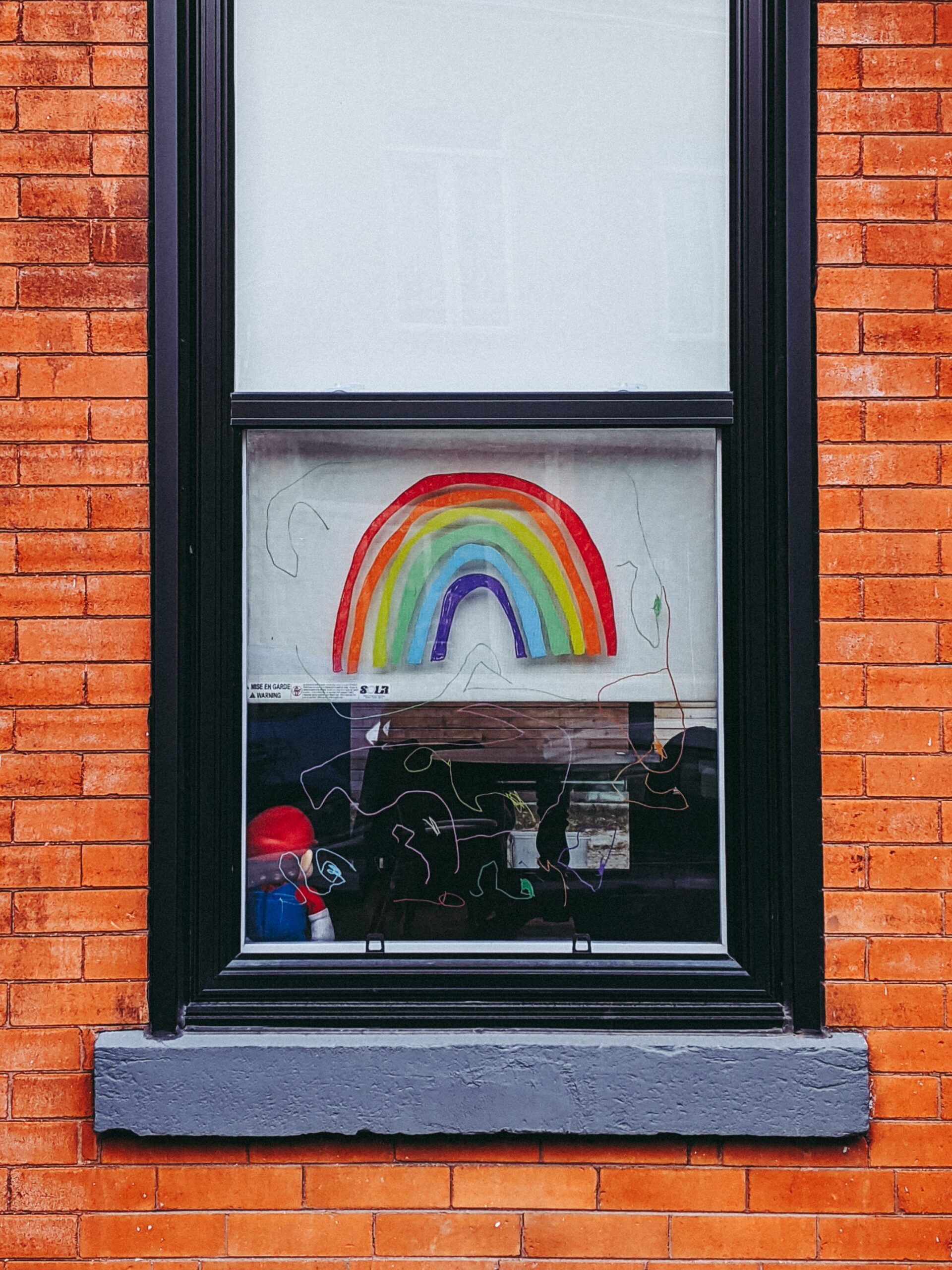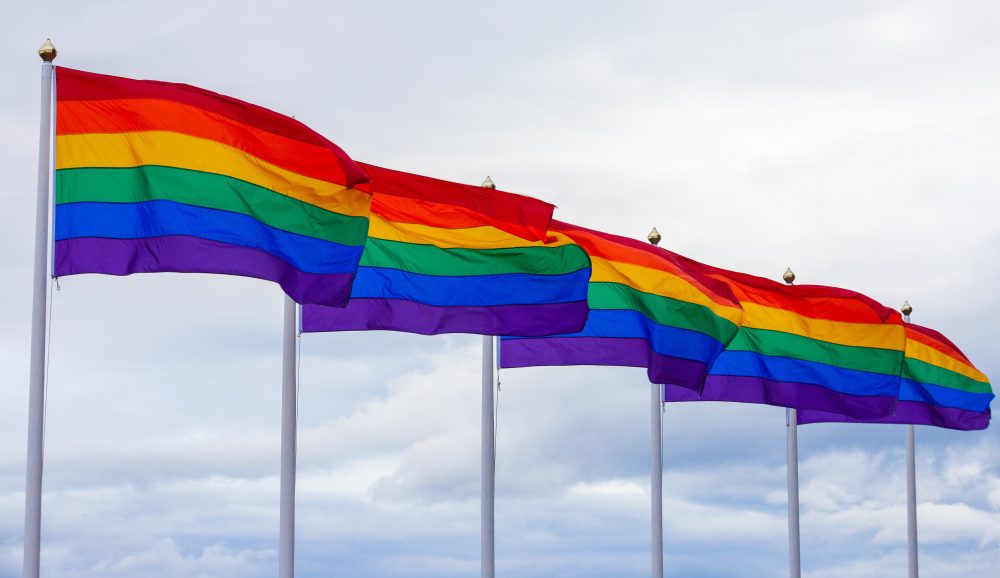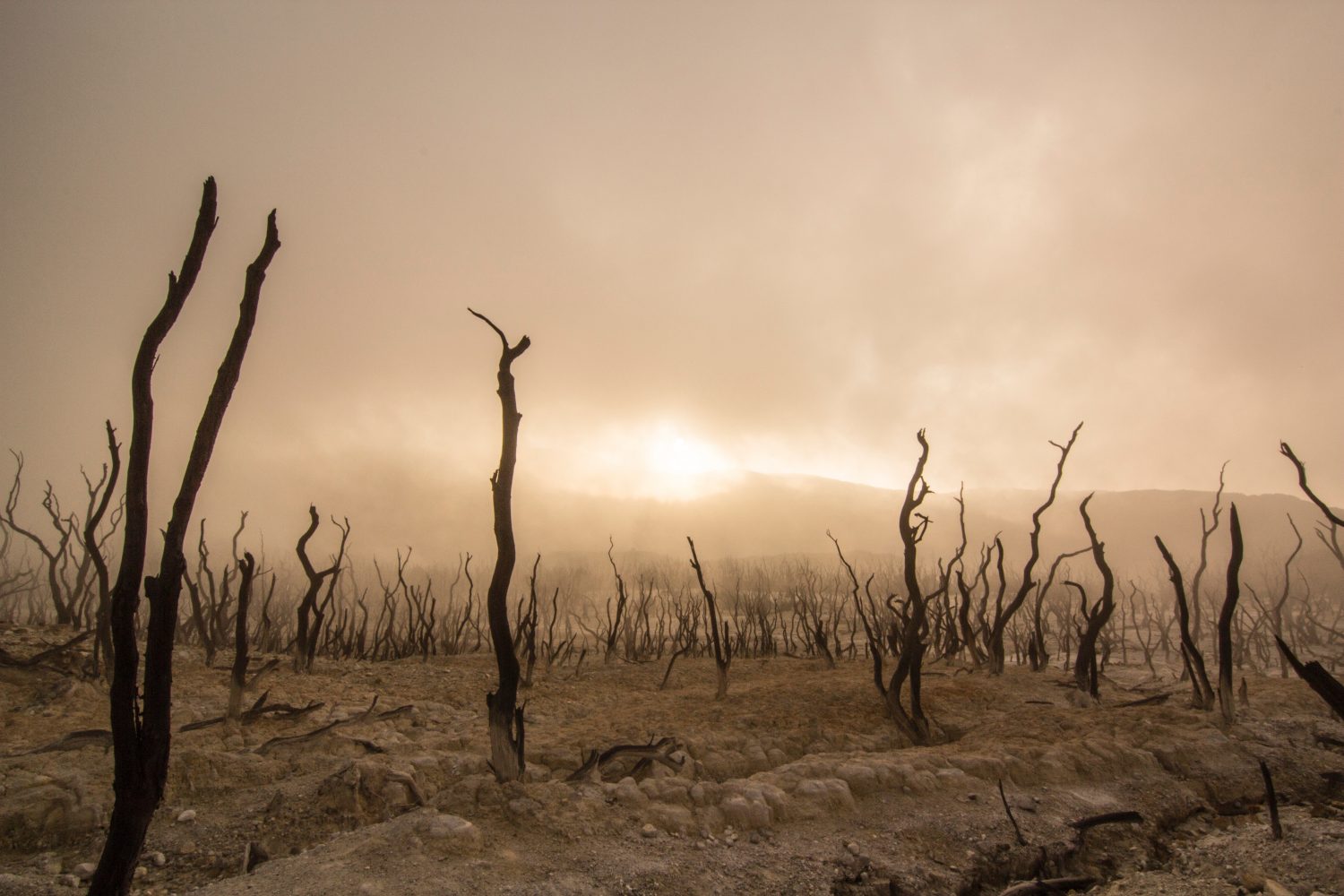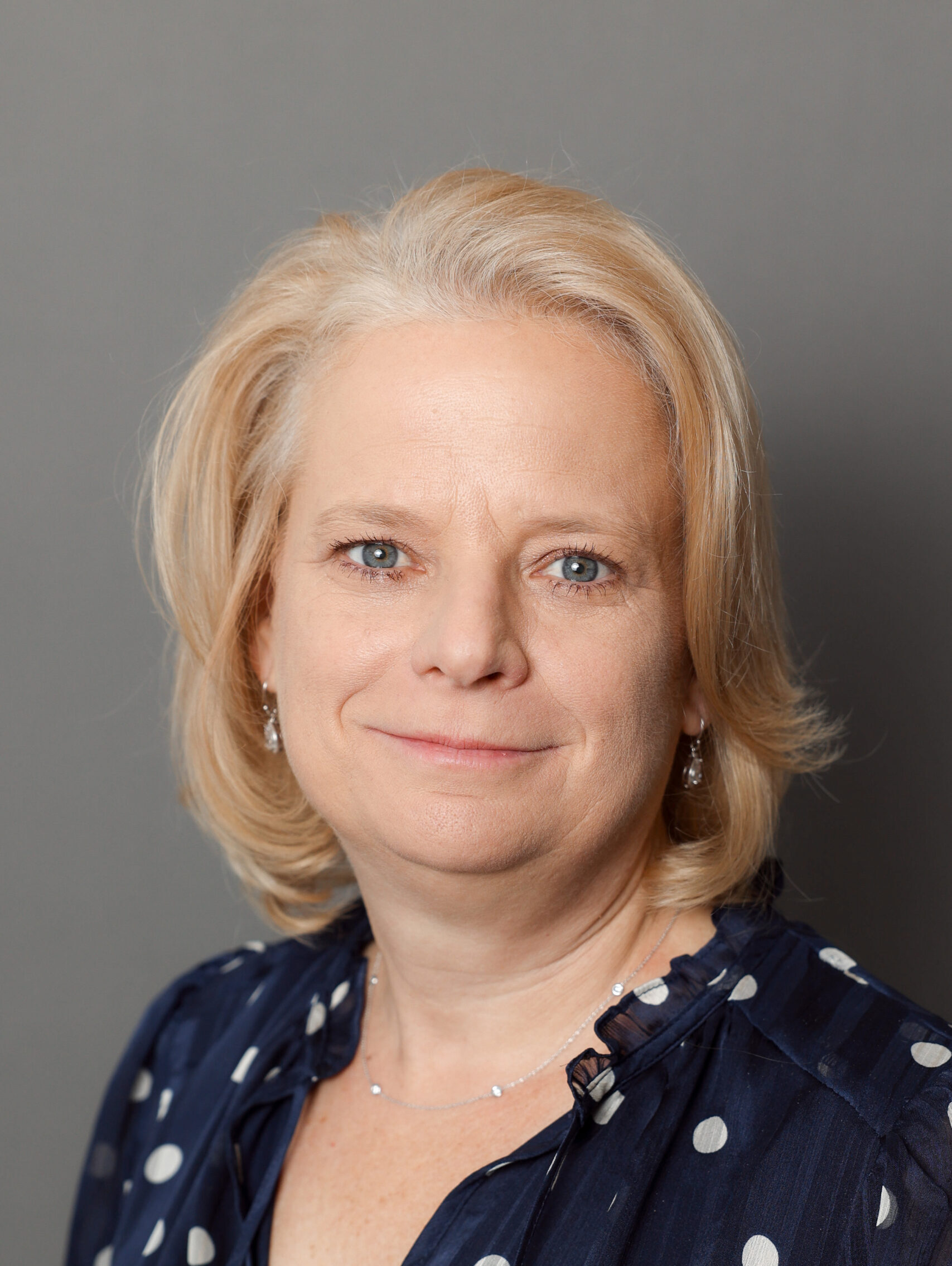Hope in the Time of Coronavirus
The disasters of the decade that is 2020 have been beyond imagination in intensity and uncertainty. The human suffering accompanying the crises isn’t far off in scale. It can be overwhelming to contemplate what difference you can make amidst the turmoil. Yet there are contributions that the philanthropic community can make that will mitigate harm […]

The disasters of the decade that is 2020 have been beyond imagination in intensity and uncertainty. The human suffering accompanying the crises isn’t far off in scale. It can be overwhelming to contemplate what difference you can make amidst the turmoil. Yet there are contributions that the philanthropic community can make that will mitigate harm and lessen hardship.
Last month, Center for Disaster Philanthropy (CDP) experts took part in a webinar “Is 2020 Over?“ and shared their experiences, learning and reflections on our current state of disasters. Earlier this month, the New York Times noted that in 10 months, the pandemic had taken more lives than HIV, dysentery, malaria, influenza, cholera and measles combined. And the CDC has recently stated that COVID-19 is now the third-leading cause of death in the U.S.
These stark facts only tell a part of the story of COVID-19 as they do with any disaster. As we know too well from living in the time of the novel coronavirus, individuals are not the only casualties of disasters. Disasters attack societies. Disasters take lives, tear families apart, destroy structures, disable livelihoods, cripple economies, sap hope and much, much more.
I have spent my entire career working in and on humanitarian emergencies. Much of my experience has been working in countries in crisis, seeking to help people whose lives were torn asunder by the “man-made” crises of conflict and war. While funding is never sufficient against the needs, there is rarely a debate on whether help is needed in response to conflict.
We often approach disasters caused by natural hazards differently. This is possibly due to them being described as beyond humanity’s control or referred to as “acts of God.” This framing – of it being out of our hands – lets us off the hook. It excuses our responsibility in mitigating the harm natural hazards bring to communities. It also allows us to turn away from those on the long path to recovery. For where there is no human fault, there lies less accountability.
Yet, if you examine many of the disasters impacting people worldwide today, you will see echoes of humans as a contributing, if not the primary cause.
We can track the climate change origins – a result of humans and how we live – of the fires across the northwest of the U.S. and the prolific Atlantic hurricane season. We can do the same for the floods, heatwaves and severe windstorms across the country. All while we grapple with a global pandemic.
It’s not too late for us to act. Whether you support advocacy, policy, specialized programs or research, here are a few tips on what philanthropy can do on climate change and help mitigate the severity of future disasters:
- Trust the experts. Climate experts can advise you on how to adapt your organization and your programming to be more climate-friendly. Disaster experts can help you understand why some populations are more at risk than others (and yes, it goes beyond geography). Local leaders and organizations that serve those most disproportionately affected by disasters can ensure you understand the specific risks faced by their communities. CDP’s issue insight offers a starting point for your planning.
- Take bold action and fund differently. Dedicate funding to mitigation activities. Ask your grantees to explain their commitments towards addressing climate change and how their programming takes climate issues into account. Set aside more of your budget for programming that seeks to advance a pro-climate agenda.
- Value collaboration. The needs are too large to rely on one organization or government to redress decades of harm. We all must work together towards a better future. For example, philanthropy can partner with governments to achieve the goals of the Paris Agreement. We can partner with local government agencies, nonprofits and other funders to strengthen mitigation in regions we know are more likely to be impacted by climate change. We can fund climate watchdogs to aid in accountability measures.
There is much to do. Together we can help ensure that our memory of 2020 includes the turning point on climate change instead of a year that feels like a decade.
More like this

For equitable recovery from COVID-19, we can’t leave LGBTQ+ people behind

